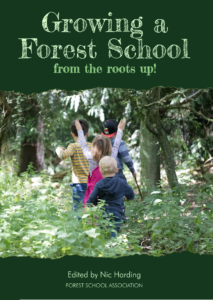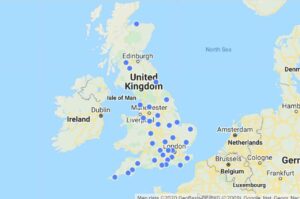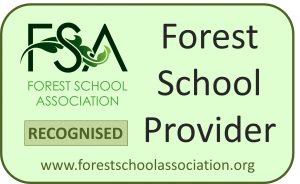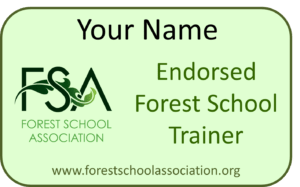In the realm of forest school education, numerous researchers have delved deep into understanding the profound impact of nature-based learning on children’s development. Notable among them is Dr. Sara Knight, a pioneer in the field whose work has illuminated the transformative power of outdoor experiences.
Dr. Knight’s research emphasizes the role of nature in promoting holistic development, from fostering creativity and curiosity to enhancing physical health and emotional well-being. Her studies have shown that forest school programs provide a rich environment for children to explore, learn, and develop essential life skills in a natural setting.
Another influential figure is Dr. Richard Louv, whose groundbreaking book “Last Child in the Woods” sparked a global conversation about the importance of reconnecting children with nature. Louv’s research highlights the detrimental effects of “nature deficit disorder” and advocates for nature-rich experiences like those offered in forest schools.
However, despite the valuable insights gained from these researchers and others, there are still areas that require further exploration. One such area is the long-term impact of forest school education on academic achievement. While initial studies show promising results in terms of improved cognitive abilities and problem-solving skills, more longitudinal research is needed to fully understand how these benefits translate into academic success over time.
Additionally, the intersection of forest school education with special needs learning is an area ripe for investigation. How can nature-based approaches be tailored to meet the diverse needs of children with disabilities or learning differences? Understanding the efficacy of inclusive practices in forest schools can pave the way for more accessible and equitable outdoor education opportunities.
In essence, the academic research on forest school education provides a solid foundation for understanding its benefits, yet there is still much to uncover. By building upon the work of scholars like Dr. Sara Knight and Dr. Richard Louv, future research can delve into these areas and further illuminate the transformative potential of nature-based learning.




